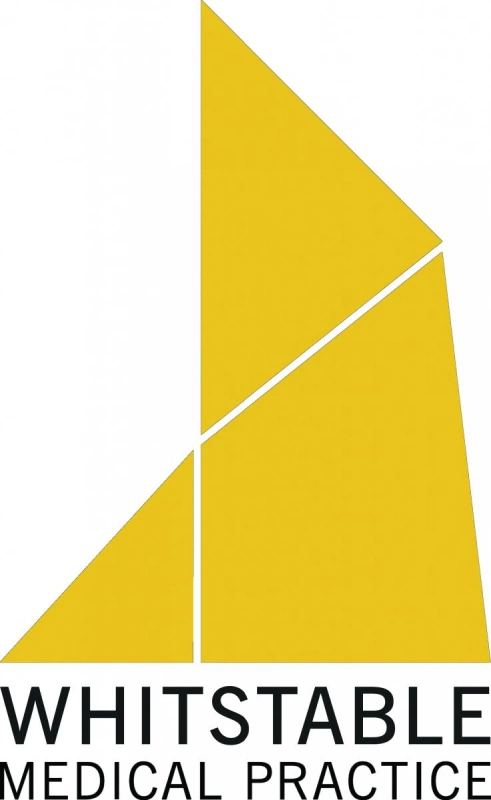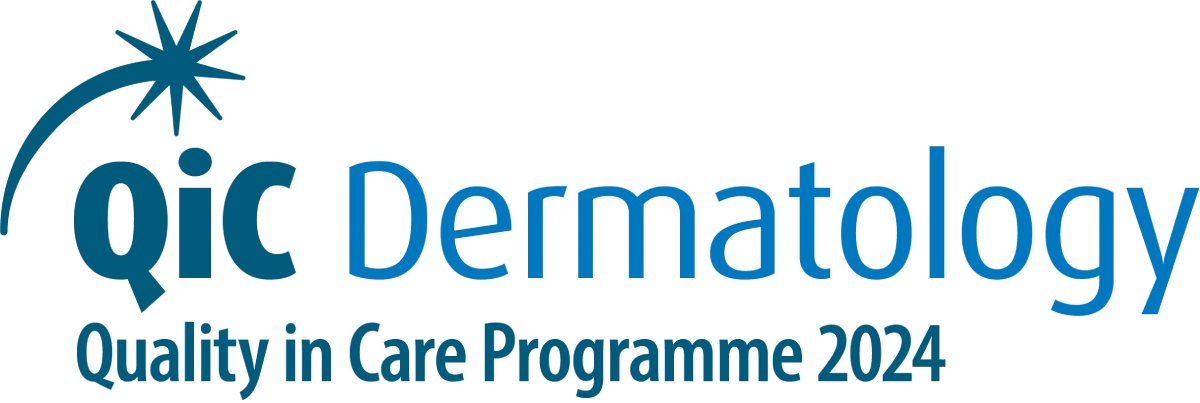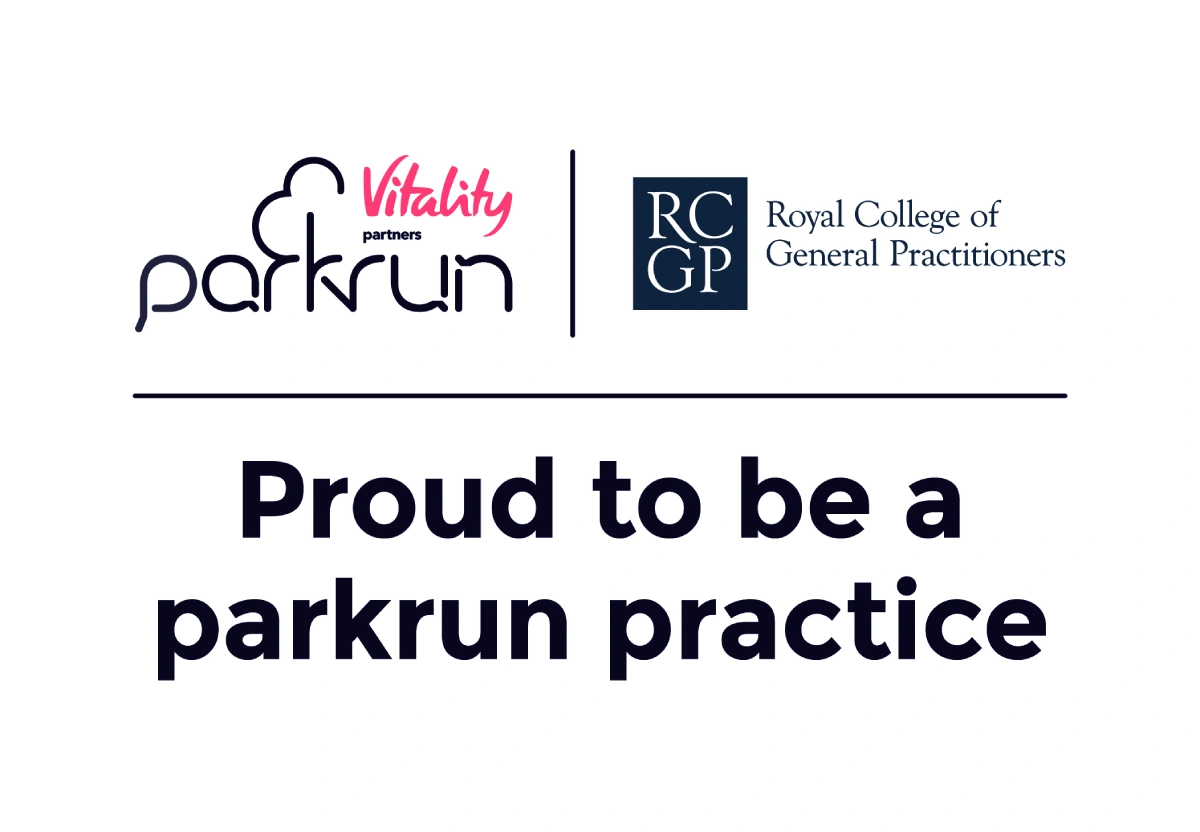We use cookies to help provide you with the best possible online experience.
By using this site, you agree that we may store and access cookies on your device. Cookie policy.
Cookie settings.
Functional Cookies
Functional Cookies are enabled by default at all times so that we can save your preferences for cookie settings and ensure site works and delivers best experience.
3rd Party Cookies
This website uses Google Analytics to collect anonymous information such as the number of visitors to the site, and the most popular pages.
Keeping this cookie enabled helps us to improve our website.
Whitstable Medical Practice offers a Physiotherapy, Chiropractic and Acupuncture Service which is accessible to any patient registered with Whitstable Medical Practice. Parental consent will be required for treatment of any patients under the age of 16.
All referrals will be triaged by a specialist. Following the triage process, we will contact you directly to book you in with one of our specialist Physiotherapists, Acupuncturists or Chiropractors.
Physiotherapy
Physiotherapy is a recognised healthcare profession regulated by the Chartered Society of Physiotherapy (CSP) and the Health Professions Council (HPC). Physiotherapy is a profession which works to develop, maintain and restore movement and functional ability, maximising quality of life for people. The role of a Physiotherapist is to help, where possible, restore movement and function to as near as normal and reduce pain levels when someone is affected by injury, illness or disability. Physiotherapists are experts in movement and function, who work with patients and carers, families and healthcare professionals.
Physiotherapy is an evidence based profession which takes a ‘whole person’ approach to the health and wellbeing of their patients and their injuries, including their general lifestyle. At the core is the patient’s involvement in their own care, through education, awareness, empowerment and participation in their treatment. Physiotherapists treat injuries and conditions which affect the muscles, joints, and soft tissues through the use of manual therapy, movement and exercise, education and advice. People are usually referred to a Physiotherapist via their GP or Specialist.
The Physiotherapist will assess you by taking a verbal history of your problem and, where appropriate, complete a physical examination with your permission. The therapist may ask you to undress to allow sight of the appropriate area; it is advisable to wear loose fitting clothing. A diagnosis/impression is then given and a treatment plan made. This is all done with patient consent.
Treatment is evidence based via medical research, but the best form of treatment is gaining an understanding of your problem and self-managing it with advice from your Physiotherapist.
Exercise:
- Increasing the movement and stability of joints
- Toning and strengthening muscles
- Improving fitness and the cardio vascular system
- Promoting healthy lifestyles
Postural Awareness:
Advising on and correcting someone’s posture/position during day to day activities to reduce stress on parts of the body
Manipulation/ Manual Therapy:
A form of ‘hands on’ therapy that mobilises joints and relates soft tissues relieving pain and increasing range of movement.
Acupuncture:
The use of needles inserted into the skin to stimulate your body’s own healing chemicals to manage pain and inflammation, and aid recovery and rehabilitation.
Electrotherapy:
The use of electrical equipment to promote healing, tissue repair and reduce pain.
This service is provided at various times, six days a week, Monday to Saturday.
Acupuncture
Acupuncture is effective in a wide range of painful conditions; it is commonly used to treat musculoskeletal pain and has a wide range of beneficial effects in some patients. Acupuncture can relieve symptoms of some physical and psychological conditions, and may encourage the patient’s body to heal and repair itself, if it is able to do so. Acupuncture can affect most of the body’s systems- the nervous system, muscle tone, hormone production, circulation and the respiratory, digestive, urinary and reproductive systems.
Acupuncture means treatment with needles and stimulates the nerves in skin, muscles and other tissues. During this treatment a number of fine needles will be inserted through the skin at various sites on your body and left in for an average of 15 minutes. Only disposable needles are used. Each needle comes from its own pre-sterilised packet and is thrown away after use, hence there is no danger of transmitting AIDS, HIV infections or hepatitis. Some patients experience a slight discomfort or brief ‘tingling’ sensation when the needles are inserted. This quickly disperses. Patient’s often notice a sense of wellbeing after treatment.
Appointments last 15 minutes and during this time a full history and examination of your complaint will take place. Your acupuncturist will be happy to answer any other questions about acupuncture and your treatment when he sees you.
Chiropractor
When you meet your chiropractor for the first time, he will start with a discussion about you, your health and your reasons for asking for chiropractic help. You will be asked for a great deal of information, not just about the pain or complaint that may have brought you, but about your past medical history. Some of the questions may appear irrelevant, but they are extremely important to your chiropractor. To ensure that chiropractic care is appropriate for your condition, he will need to establish an overall health picture. If chiropractic appears not to be suitable for you, you will be referred back to your GP or to a relevant specialist.
Once your case history is complete, your chiropractor will examine you to confirm any early ideas about your problem. The examination will concentrate on your neuro musculoskeletal system (nerves, muscles and joints), but it may also be necessary to check other things such as your heart, lungs and abdomen to rule out other causes; this thorough check up is a normal procedure in a chiropractor’s clinic. However, it is not usual for a chiropractor to examine intimate areas; you will normally be referred to your GP if your chiropractor feels you would benefit from this. If required, gowns are made available for you to wear for the examination, as well as any following treatments. After the initial consultation and examination, your chiropractor may offer you treatment immediately. However, it may be delayed for a day or two if he needs to take or view X-rays, perform urine tests or obtain further information from your GP (for example blood test results) and where appropriate, refer you for an MRI/CT scan.
Before treatment starts, your chiropractor will tell you, in clear, simple language, what is wrong, what can be done about it and what you should expect when you receive your first adjustment. You will probably be told about any exercises or changes to your lifestyle or diet that may be beneficial, so that you can help yourself. A part of getting better is up to you, so please follow any instructions and advice carefully and completely.
Chiropractic treatment mainly involves safe, often gentle, specific adjustments, done by hand, to free joints in the spine or other areas of the body that are not moving properly. Most often, this requires a short thrust to a joint that can result in an audible ‘crack’, and may bring relief of symptoms as well as an increased feeling of well-being. The ’crack’ is simply the sound of bubbles of gas popping in the fluid of the joint as the pressure is released. There is, however, no instant cure, and some patients may experience temporary symptoms such as pain or soreness around the areas being treated with redness or even bruising of the skin. Spinal disc problems may appear to flare up in the early stages of treatment, and where there is already inflammation, your condition may seem worse to start with. Treatment to the neck may give a distinct light headedness, and occasionally a short-lived headache.
Apart from the adjustment, your chiropractor may use a wide variety of techniques including ice, heat, ultrasound and exercises. If you have any questions about any of these, just ask. Generally, a chiropractic adjustment does not hurt, although there may be some minor short-term discomfort which quickly passes for most patients. You will normally find that follow up treatments are much more pleasant, as your symptoms improve and you feel more at ease with your chiropractor.
Contacting us
If for any reason you cannot make your appointment, or if you have any queries following an appointment, please contact our Clinical Services Patient Coordinators on 01227 284314 or 01227 284315 (Monday to Friday 8am to 5pm).
Whilst you are under the care of the MSK Clinic, please ensure that you inform us of any change to your address or telephone number.
Clinic Locations
Estuary View Medical Centre
Boorman Way
Whitstable
Kent
CT5 3SE
Whitstable Health Centre
Harbour Street
Whitstable
Kent
CT5 1BZ
Chestfield Medical Centre
Reeves Way
Chestfield
Kent
CT5 3QU



